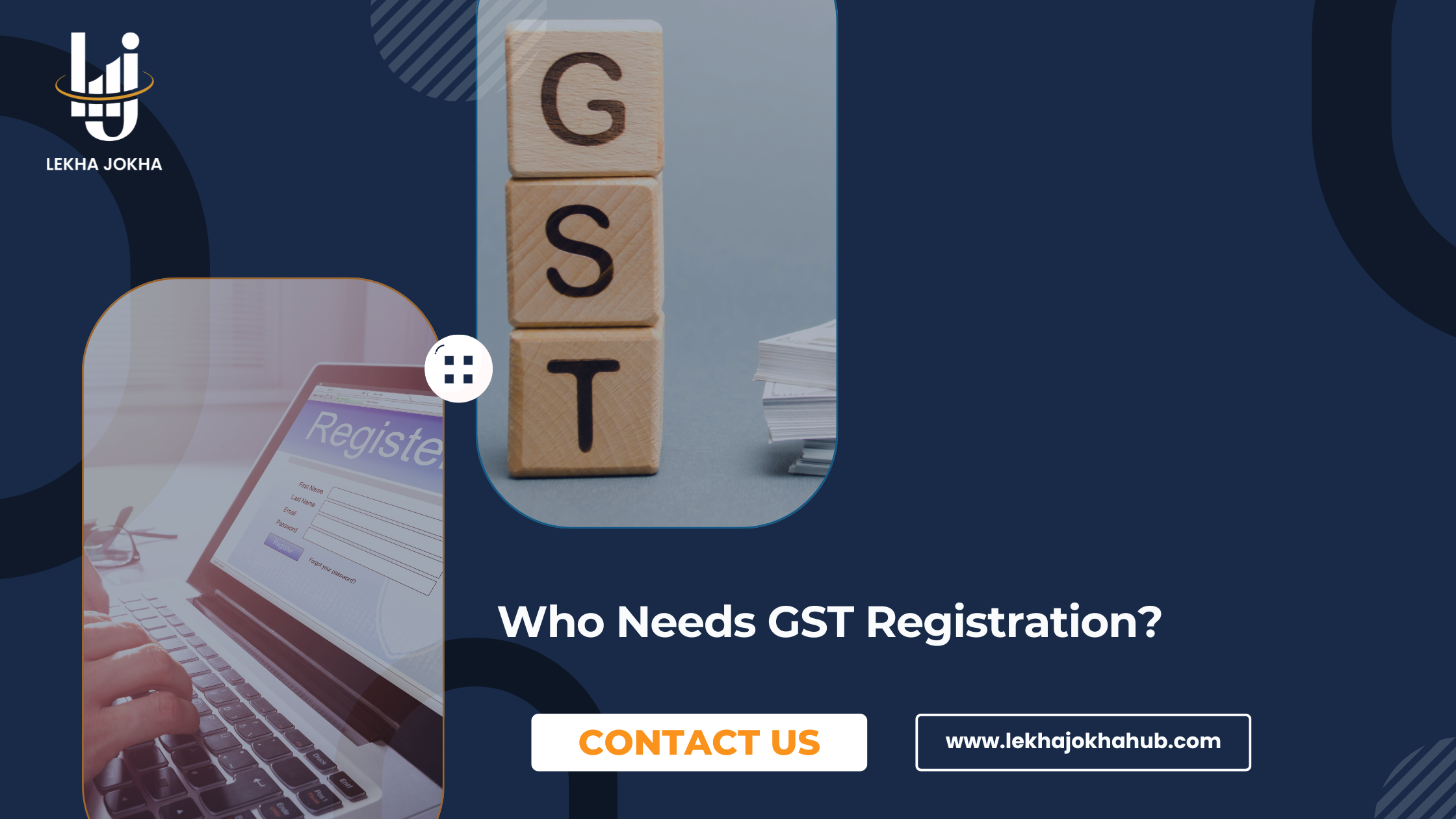HUF: Working Secret for Families to Save Tax
Discover how forming a Hindu Undivided Family (HUF) can help Indian families legally save taxes. Learn what an HUF is, …
Read continuallyFlexibility refers to the ability to adjust and modify
one's approach, behaviour, or plans in response
changing circumstances or demands
Market analysis involves examining characteristics dynamics, and trends of a specific market. It helps determine the viability of a product
Customer support teams also interact customers but they are part of the larger customer service department to answer product-related


Simplest and most commonly used form of business in India.
Owned and managed by a single individual with full control over business decisions and operations.
No separate legal identity; the proprietor and the business are legally the same.
Ideal for small-scale businesses, freelancers, consultants, and local service providers.
Easy to start with minimal regulatory compliance.
Business income is taxed as personal income of the proprietor.
Registration is not mandatory, but licenses or registrations like GST, Shops & Establishment, or UDYAM (MSME) may be required depending on the nature and location of business.
Proprietor is personally liable for all debts and obligations of the business.
No requirement for filing annual returns with the Ministry of Corporate Affairs (MCA).
Annual Income Tax Return to be filed in the proprietor’s name.
Low setup and operational cost compared to other business structures.
With skilled professionals backing us, we ensure you get accurate, honest, intuitive tax and financial results you can trust us.
Our in-house, tailored method ensures seamless support at each phase of your financial lifecycle with tax planning, compliance, and advisory.
We are always transparent, responsive, and relationship-oriented, bringing solutions that generate genuine results.

People always want know about common things about business consulting
Contact usA sole proprietorship is a business owned and operated by one person, where there’s no legal distinction between the owner and the business.
No separate government registration is required. However, licenses like GST, MSME (Udyam), and Shop Act are often used to validate the existence of the business.
Small traders, local service providers, freelancers, consultants, and home-based entrepreneurs.
Yes, with business proof like GST Certificate, MSME Registration, or Shop & Establishment license.
Only if the turnover exceeds the audit limit as per Income Tax Act (?1 Cr for business / ?50 lakh for professionals).
Explore thought leadership, strategic advice, and innovative business updates.

Discover how forming a Hindu Undivided Family (HUF) can help Indian families legally save taxes. Learn what an HUF is, …
Read continually
Ever wondered why some profitable businesses suddenly close their doors? This post explores the hidden reasons behind business shutdowns — …
Read continually
Not sure if you’re required to register under GST? This guide explains who needs GST registration in India — including …
Read continually
Success is never a solo journey—it’s a collective effort driven by teamwork,
collaboration, and shared vision. When we come together.